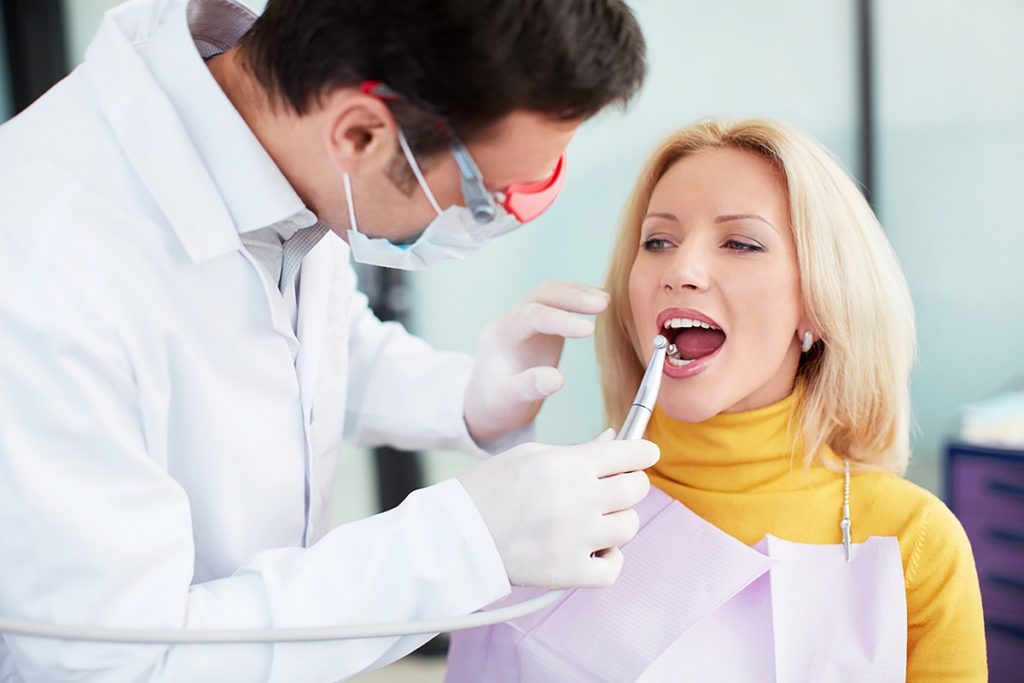Oral health is crucial to our overall health. When you experience an oral health problem, important things such as speaking, eating, drinking, and smiling can become challenging. A dental emergency is any issue that involves the teeth, gums, or jaws that requires immediate attention. Our team at Albany Dental is happy to offer emergency dentistry in Edmonton for all our patients. Read on to learn about some of our most common dental emergencies.
1. Pain
Pain is your body’s way of letting you know something is amiss in the area that hurts. The degree of pain that you experience will indicate how severe your dental emergency is. If you experience severe pain when biting down or chewing, visit our dentist near you as soon as possible.
2. Swelling
Swelling your mouth indicates infection, meaning you need to seek treatment from a clinic that offers emergency dentistry near you as soon as possible. You can use a cold compress to help with swelling until you get to a dental clinic.
3. Knocked-Out Tooth
A knocked-out tooth should be placed back in the mouth within a half hour. Once a tooth has been knocked out, you should try to find it right away. Hold it only by the crown, and if possible, rinse it gently with warm water and place it back in its socket until you can get to a dentist in NW Edmonton. If you don’t feel comfortable placing your tooth in the correct socket, place it in a glass of milk to keep it moist until a dentist can put it back.
4. Abscessed Gums
An abscess often looks like a pimple on your gums and may be white, red, clear, or yellow. If you notice a dental abscess, it is important not to pop it, as this can spread infection throughout your body. Instead, visit our dental professional near you right away to have it treated.
5. Mouth Sores
A painful and persistent mouth sore is a dental emergency. Canker sores should be looked at immediately by a dentist so that they can alleviate your discomfort.
6. Infections
Any form of infection in the mouth is a reason to visit the dentist, as infections can easily spread to other body areas.
7. Bleeding
If you begin bleeding spontaneously or often when you brush or floss, this could indicate severe gum disease, which needs to be treated immediately.
8. Tooth Sensitivity
While many individuals experience some level of tooth sensitivity, if you notice a sudden increase in sensitivity when ingesting hot or cold substances, this can indicate a more serious underlying condition.
9. Broken Tooth
While a slightly chipped tooth is not a dental emergency, a broken tooth can cause pain and bleeding and make you susceptible to infection. If your tooth breaks, get to a dentist as soon as possible.
Emergency Dentistry Near You
If you are ever experiencing a dental emergency, please do not hesitate to visit our team of dedicated dental professionals at Albany Dental. We are happy to provide you with high-quality dental care and treat any dental problem with the utmost care and compassion. Please get in touch with us today!
